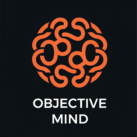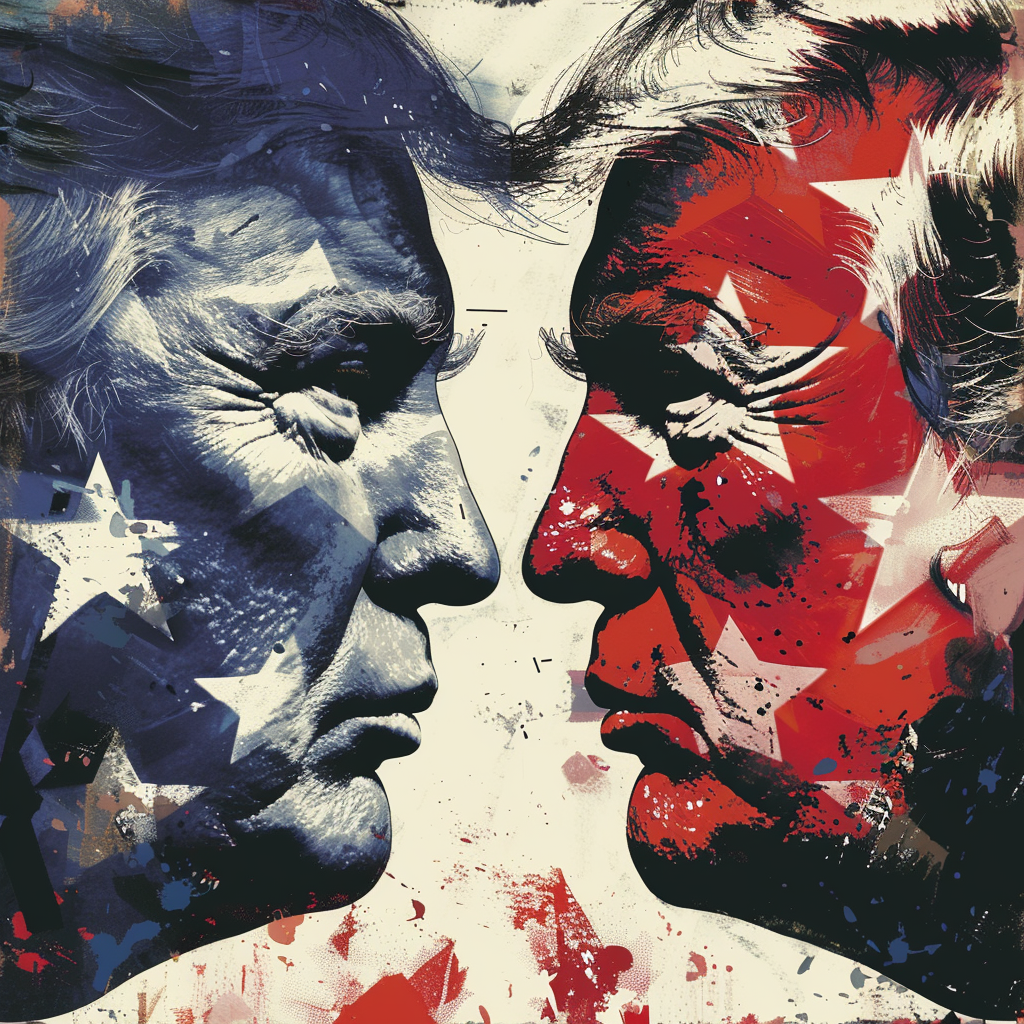In our hyper-connected world, we’re paradoxically becoming more divided. Polarization and tribalism—the tendency to view life as “us vs. them”—are on the rise, fragmenting societies and relationships.
This divisive mindset creates echo chambers that reinforce existing beliefs, decreases empathy for those with different views, and makes finding common ground on crucial issues increasingly difficult. The result is a surge in social and political conflicts that tear at the fabric of our communities.
Studies reveal that social media algorithms and selective exposure to information exacerbate this divide. We’re naturally drawn to those who think like us, but this comfort can lead to a dangerously narrowed worldview.
The cost is high: families split, friendships end, and societal progress stalls over ideological differences.
Yet, there’s hope. Psychologists suggest we can combat this trend by actively seeking diverse perspectives, practicing active listening without judgment, finding shared values even with those who seem different, and recognizing the humanity in everyone, regardless of their views.
Remember, our complex world requires nuanced thinking. By embracing diversity of thought and finding common ground, we can build a more understanding and collaborative society.



